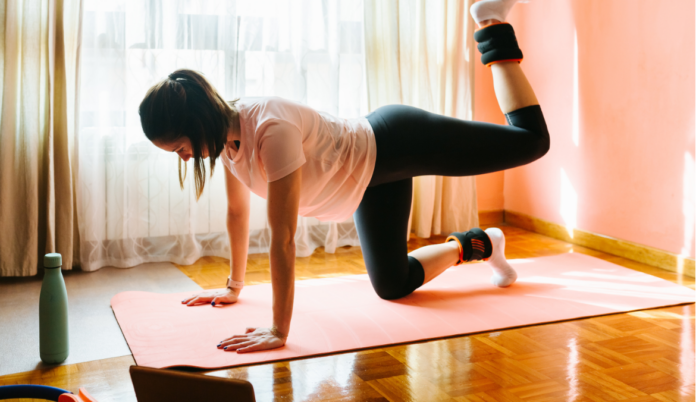In Pilates, every movement comes from your core: “You are working it 100 percent of the time, and engaging deep inner muscles that you don’t typically work in other types of exercise,” Liana Levi, a Pilates instructor previously told Well+Good. “It provides better alignment, posture, and longer, stronger muscles.” One of the hallmarks of Pilates is that it builds long, lean muscle, while increasing flexibility and mobility. In fact, Joseph Pilates the German bodybuilder who invented his namesake modality was inspired by the way that cats move so aerodynamically (you can’t make this stuff up, people).
As more and more folks have come to find out about the multifaceted benefits of Pilates, the searches on Google have exploded, growing 75 percent since 2021. So we’re here to give you what you want—a guide to the best at-home Pilates equipment that will allow you to reap the full benefits of the modality from the comfort of your own home.
The best at-home Pilates equipment, at a glance:
- Best Pilates mat: RetroSpec, 1″ Pilates Mat, $37
- Best Pilates ring: Gaiam, Pilates Ring, $15
- Best home smart reformer: Frame Reformer, $3,999
- Best reformer replacement: Lululemon, Workout Sliders, $28
- Best simple home reformer: Lagree, Micro Deluxe Microformer, $1,890
- Best box-and-pole add-on: AeroPilates, Box & Pole, $200
- Best ankle weights: Bala, Bala Bangles, $55
- Best Pilates ball: Bala, Pilates Ball, $29
- Best hand weights: B Yoga, Helix Weights, $60
- Best grip socks: Bombas, Gripper Socks (4-Pack), $57
- Best resistance bands: Sporty & Rich, Resistance Bands, $35
- Best starter kit: BetterMe, Pilates Essential Kit, $200
- Best Pilates leggings: BeyondYoga, Spacedye Caught In The Midi High Waisted Legging, $97
- Best storage for Pilates equipment: Crate & Kids, Outline Large Metal Floor Bin, $99
- Best reformer towel: Salt & Honey, Non-Slip Pilates Reformer Towel, $40
What equipment do you need for Pilates at home?
Before we get into it, some distinctions: Reformer Pilates and mat Pilates are the two most common formats of the modality that you’ll see, but there are offshoots—plenty of them. For example, megaformer workouts, which we called as a trend for 2021, are based on Pilates principles—and then dialed up to about 1,000 on the difficulty scale.
This is to say, the equipment that you need depends on which type of Pilates that you want to do, so let’s break these out and give you a quick rundown.
Reformer Pilates
Remember Joseph Pilates? He—and again, this is totally true—configured an early prototype first reformer out of hospital beds in an internment camp during World War II. After the war, he moved to New York, and in earnest created a machine that consists of a weight-loaded carriage that moves backwards and forwards from a base, with a headrest, foot and arm straps to drive the carriage in certain poses, and a foot bar that your push against to execute many movements.
In addition, you can add on accessories to do a variety of different movements. A Pilates box, for example, allows your body to be elevated for a wider-range of motion; a jump board allows you to implement cardio into your workout; a small ball can help to better your alignment in certain poses. In short, an at-home reformer likely comes with all you need to do basic exercises, but if you’re a Pilates enthusiast, you may continue adding to your collection to widen the exercises available to you over time.
Mat Pilates
Floor or mat Pilates is another form of Pilates that you’ll be able to do—perhaps even more easily—at home. While it might be tempting to roll out whatever old workout mat you have, investing in a proper Pilates mat, which tends to be thicker to help support your back and knees in Pilates poses, will be a game-changer for you.
In addition to your mat, in floor Pilates, having a variety of props can help you to try poses that challenge your body in sneaky ways. The Pilates ring, Pilates ball, hand weights, and resistance bands for example can be used as a way to strengthen your arms, thighs, and abs through a variety of exercises. What’s more, many people who don’t have access to a reformer at home will invest in sliders (we have a pick below!), which can mimic the same movements as a reformer.
Shop 15 helpful pieces of at-home Pilates equipment
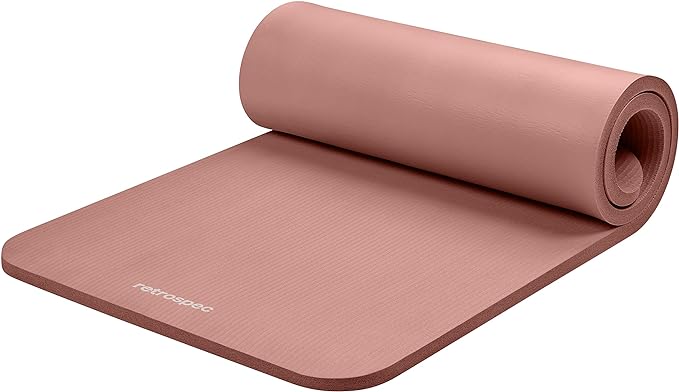
Best Pilates mat: RetroSpec, 1″ Pilates Mat — $37.00
This cushy one-inch-thick Pilates mat has a non-slip grip so that when you’re planning you won’t accidentally face plant. It’s also made free of phthalate, heavy metals and latex. It comes with a strap that ensures it doesn’t unfold on you—helping with storage.
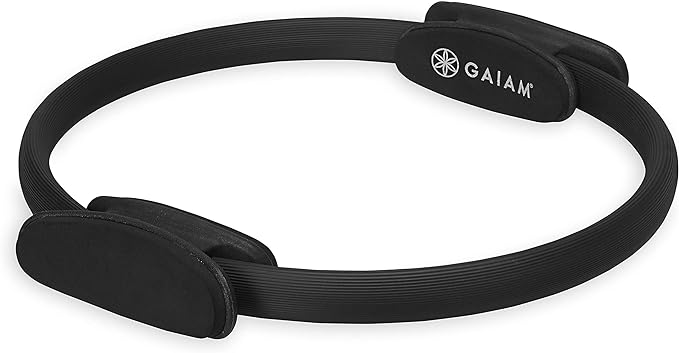
Best Pilates ring: Gaiam, Pilates Ring — $15.00
This five-star Pilates ring allows you to add resistance to any movement that you’re doing in your Pilates ring. It’s especially good for targeting your core and legs in moves like the roll-up and the bridge. With non-slip handles, the ring is easy to control, no matter your movement.
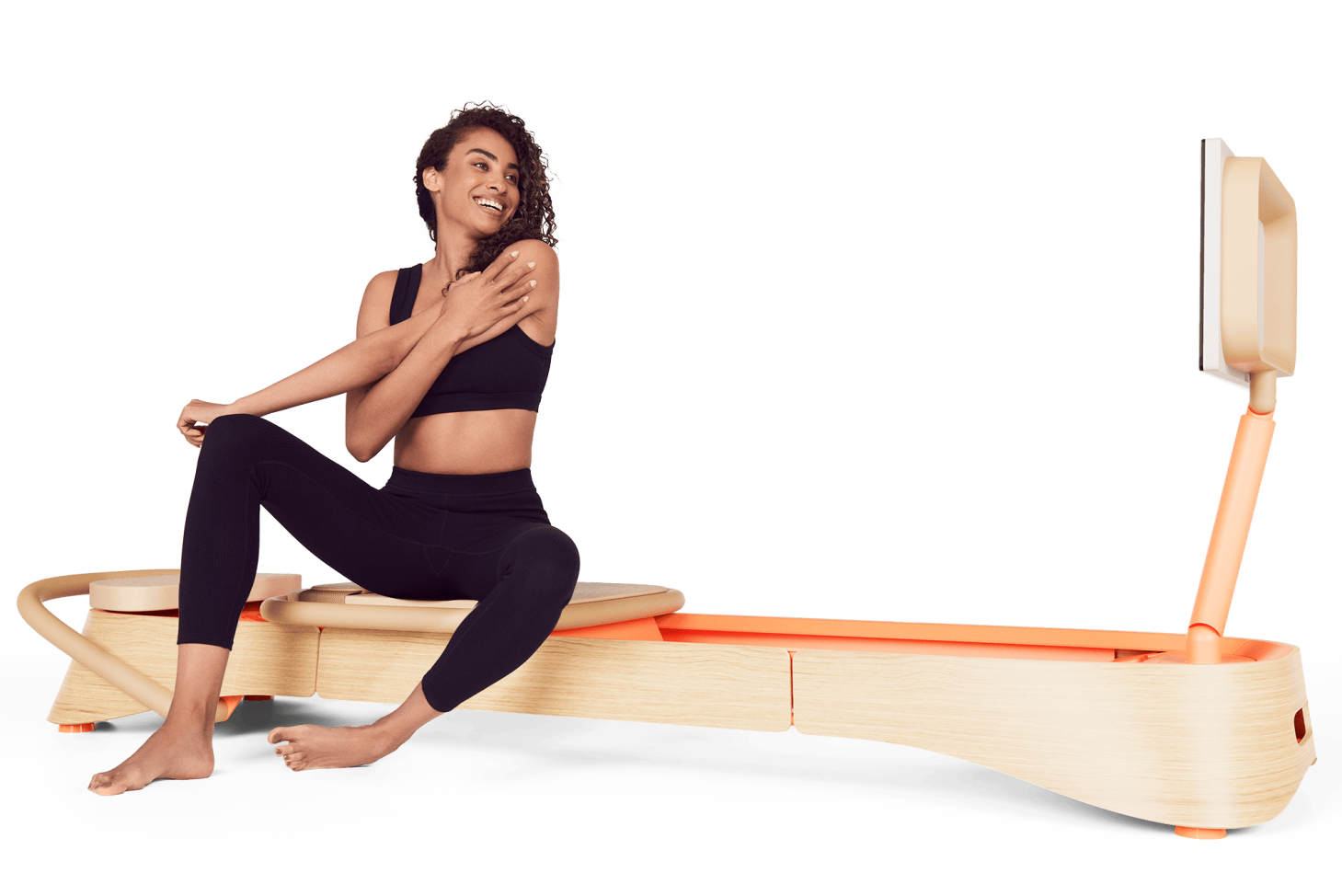
Best smart at-home reformer: Frame, Reformer — $3,999.00
If you’ve ever hopped on a digital spin bike or run on a treadmill with an instructor cueing you to go faster or add more incline, you know what this is about. Instructors lead classes across classical, contemporary, megaformer, and restorative Pilates while you follow along. To date, it’s one of the best connected fitness classes I’ve tried because it engages your entire body and makes a fairly intricate practice doable.
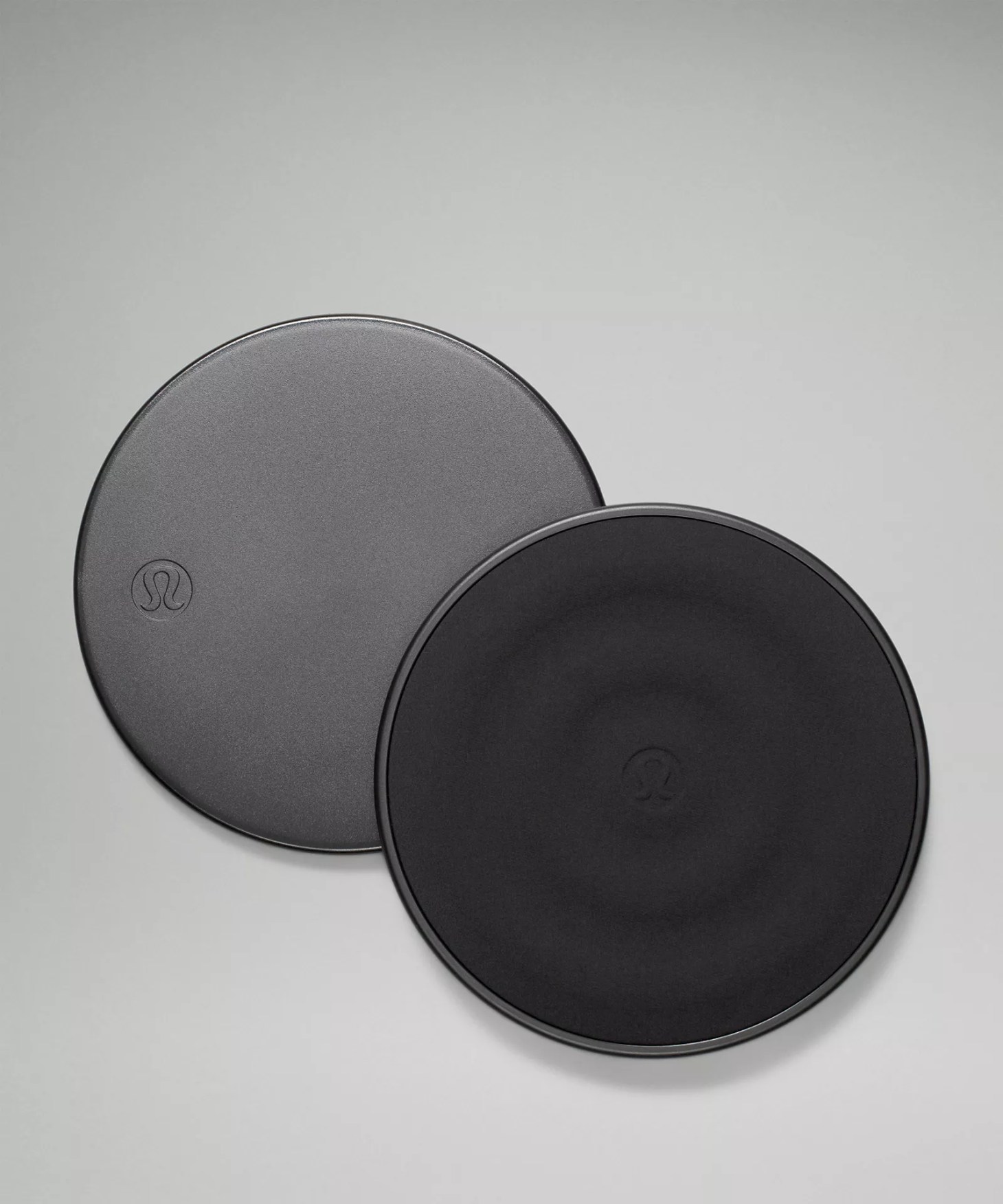
Best reformer replacement: Lululemon, Workout Sliders — $28.00
Reformers operate on a push-pull system where you send the carriage out and then bring it back. A good set of sliders can mimic the movement and make it even more challenging for you because you don’t have an easy gliding operating system to work with. We like these from Lululemon, which work on hard surfaces like wood flooring or can be flipped over to the plastic side to work on carpet.
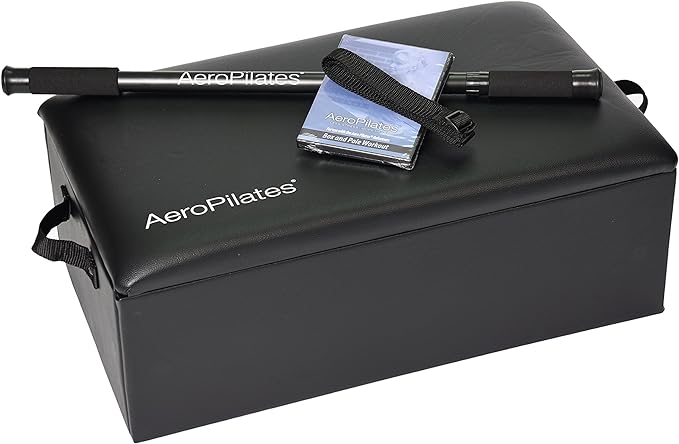
Best box-and-pole add-on: AeroPilates, Box & Pole — $200.00
If you already have a reformer, this box will come in handy to allow you to do multiple different poses at home. It can be laid in “long box” or “short box” position which will give you access to more exercises targeting your arms, legs, and core. The pole is used for certain poses like twists to ensure that you keep your arms and shoulders engaged to reap the full benefits.
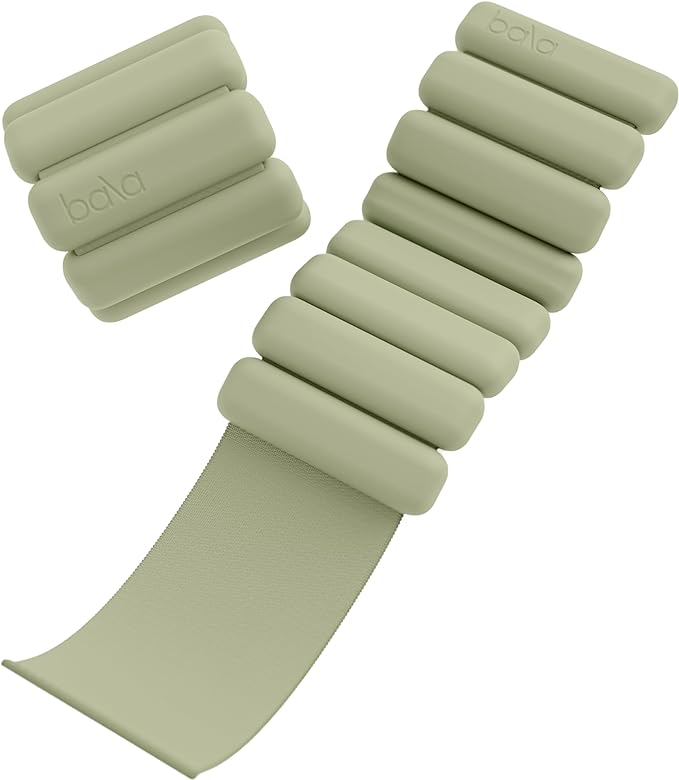
Best ankle weights: Bala, Bala Bangles — $55.00
Bala has recast fitness into a fashionable affair, and that goes double for these good-looking ankle weights. Starting at .5 pounds and moving to two pounds, the Bala bangles wrap around your wrist or feet so that you can add intensity to the movement that you’re doing.
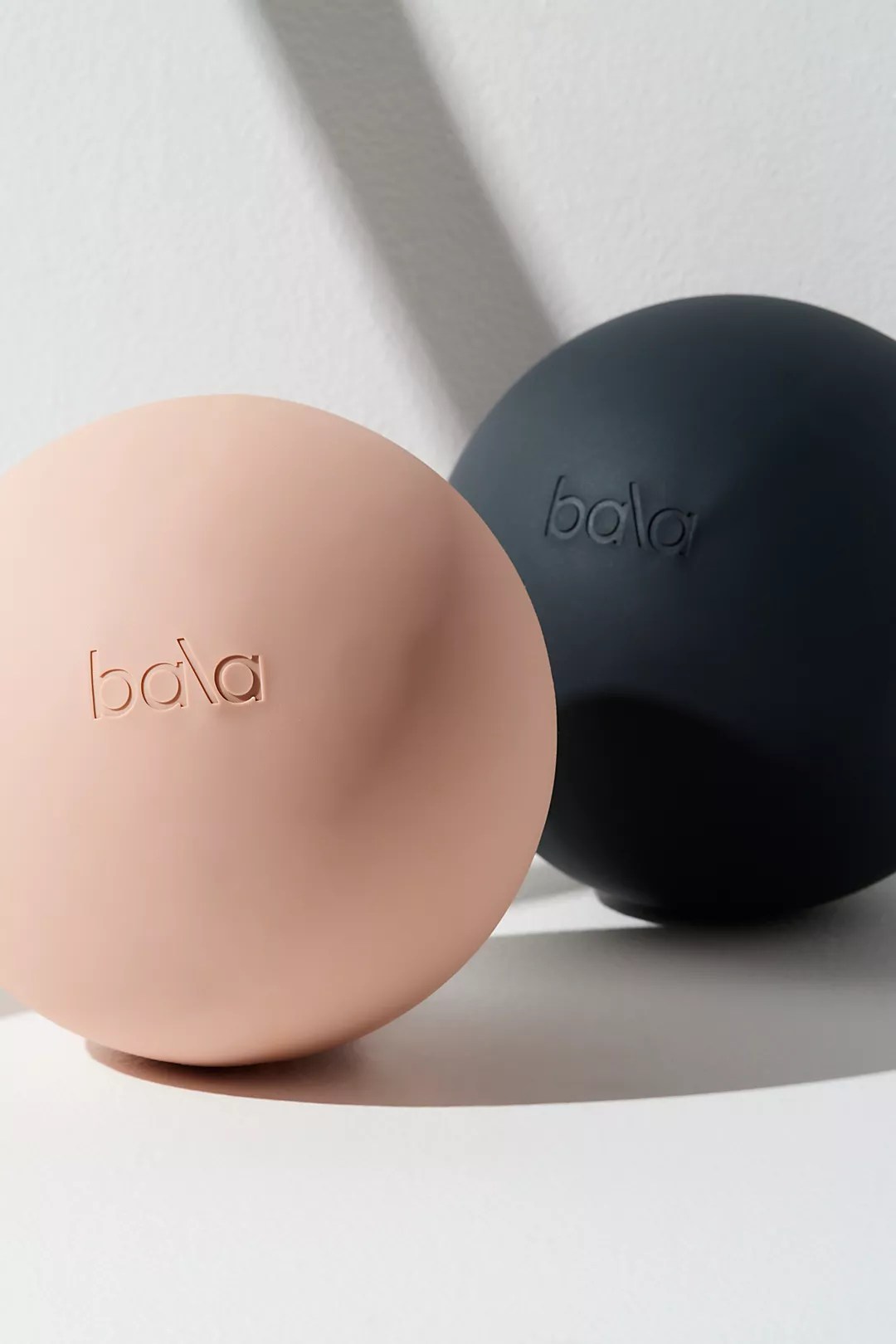
Best Pilates ball: Bala, Pilates Ball — $29.00
This eight-inch ball allows you to isolate deep core muscles and gives you a broader range of motion when doing crunch-like movements. Extra points for its chic, matte design.
Worth noting: these babies tend to go out of stock quickly on Bala’s website, but you can sometimes find them at other outlets (we found them at FreePeople!).

Best hand weights: B Yoga, Helix Weights — $60.00
These ergonomic, silicone wrapped hand weights are a reminder that you don’t have to crush reps and pump iron to get fit—you can reach for an ergonomic, beautiful object that allows you to tone and strengthen your body. We like them for moves like kickbacks to add a little more oomph.
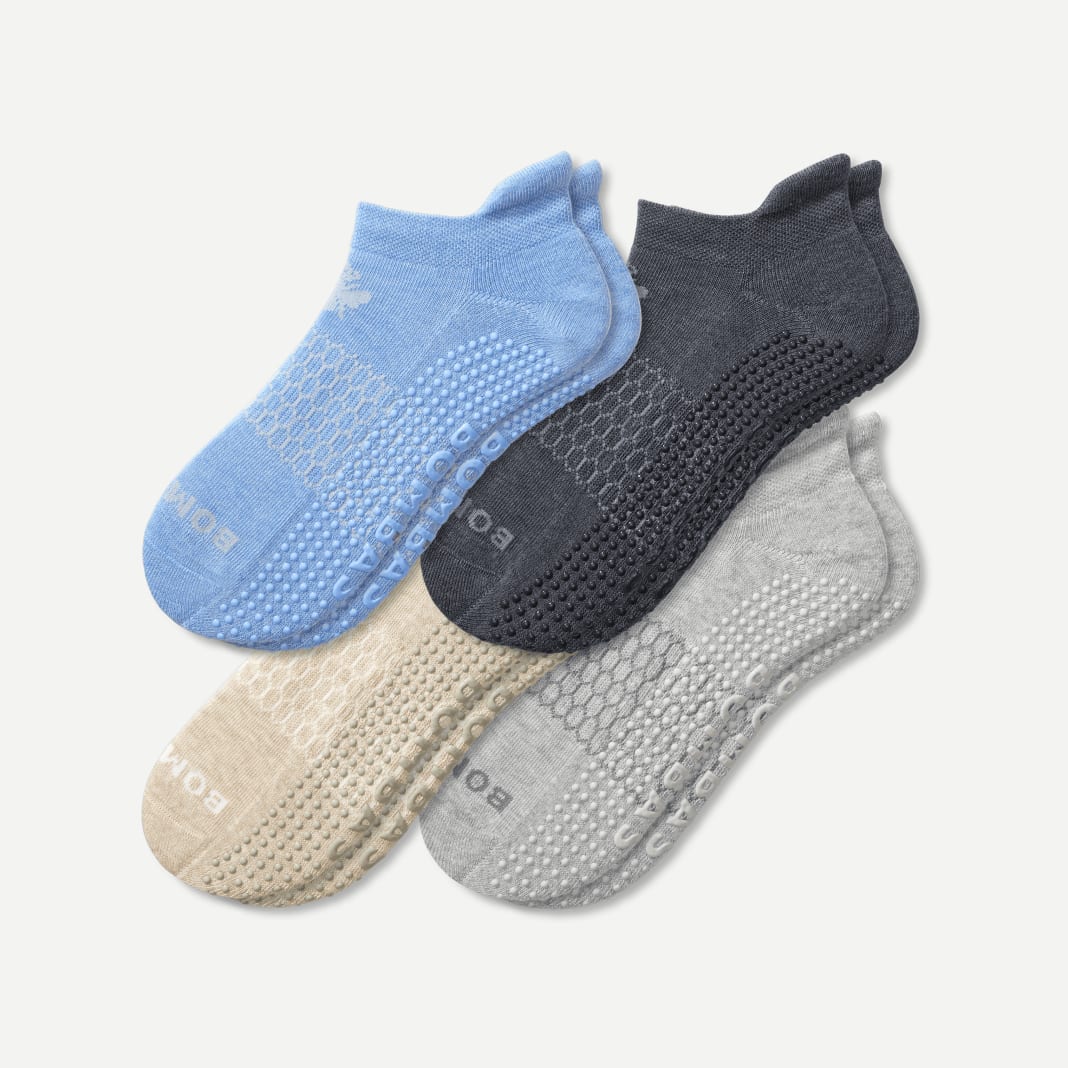
Best grip socks: Bombas, Gripper Socks (4-Pack) — $57.00
For safety reasons, many instructors recommend using gripper socks when doing Pilates workouts on a reformer. These socks provide friction with the carriage so that as you push it out and pull it in, you aren’t likely to lose your footing. They’re available in small (women’s 4-7.5), medium (women’s 8-10.5), or large (women’s 11-13).
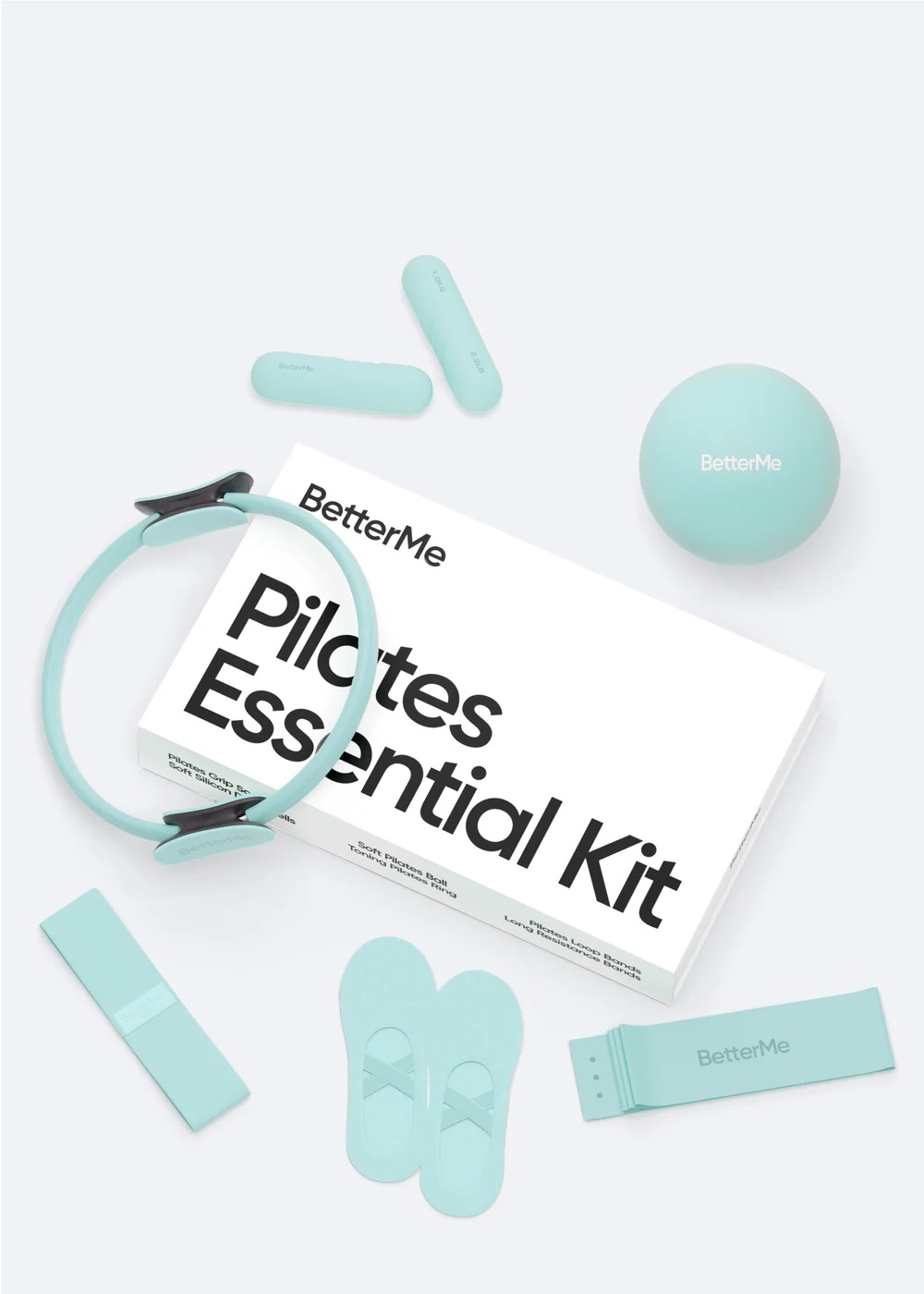
Best starter kit: Better Me, Pilates Essential Kit — $200.00
This candy-colored workout kit (which comes in a variety of pastels) includes hand weights, a ring, socks, and a ball so that you don’t have to independently source your own workout gear—or ya know, click on all the links provided in this article.
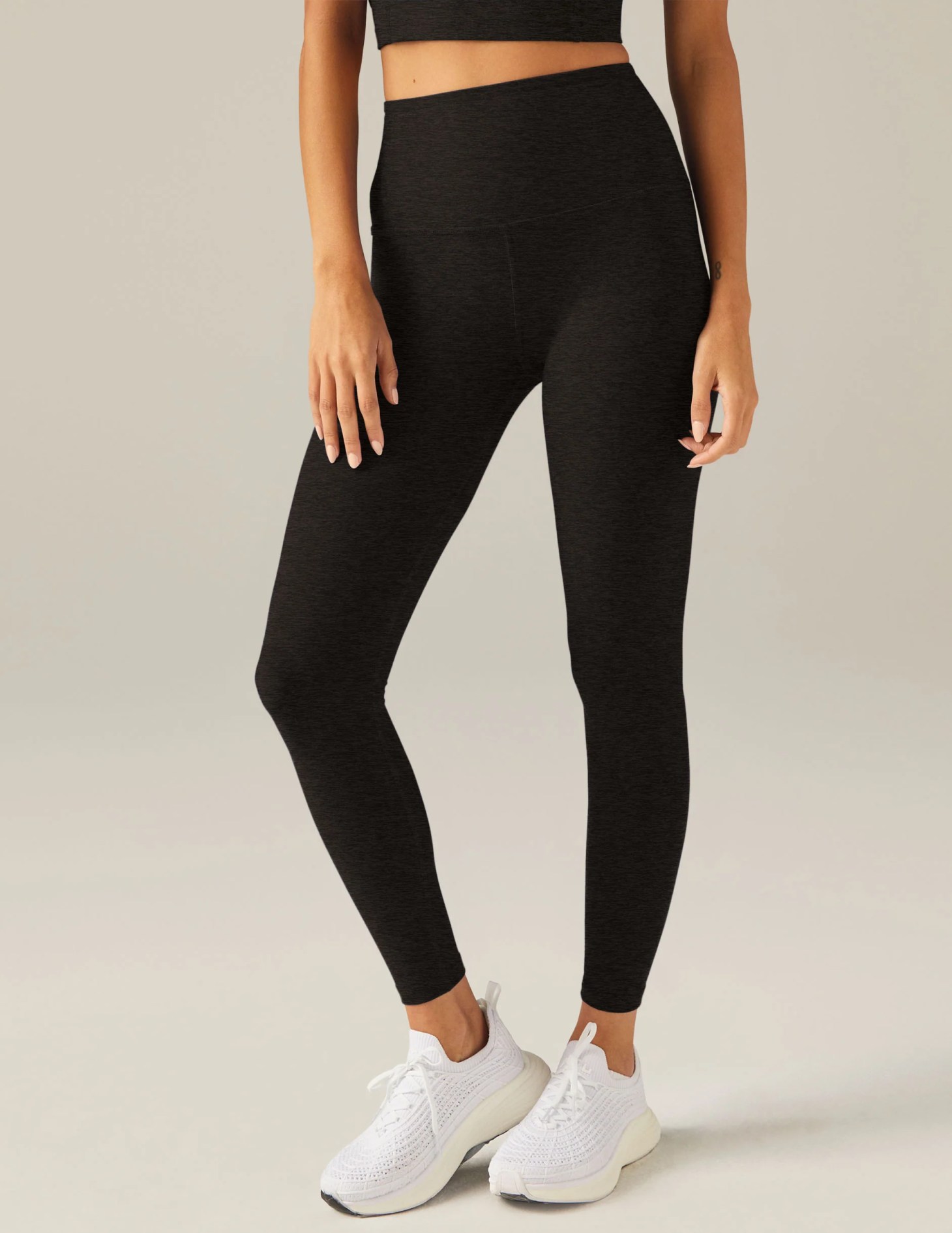
Best Pilates leggings: BeyondYoga, Spacedye Caught In The Midi High Waisted Legging — $97.00
I have long heard fitness editors speak about these leggings in hushed, reverent tones, so I called some in to see what the noise was about. They are whisper soft, but somehow don’t fall down like many unstructured leggings do. That means you’re moving out something that’s akin to second skin, and softer than a dream. With that kind of review, don’t even question it—just add to cart.
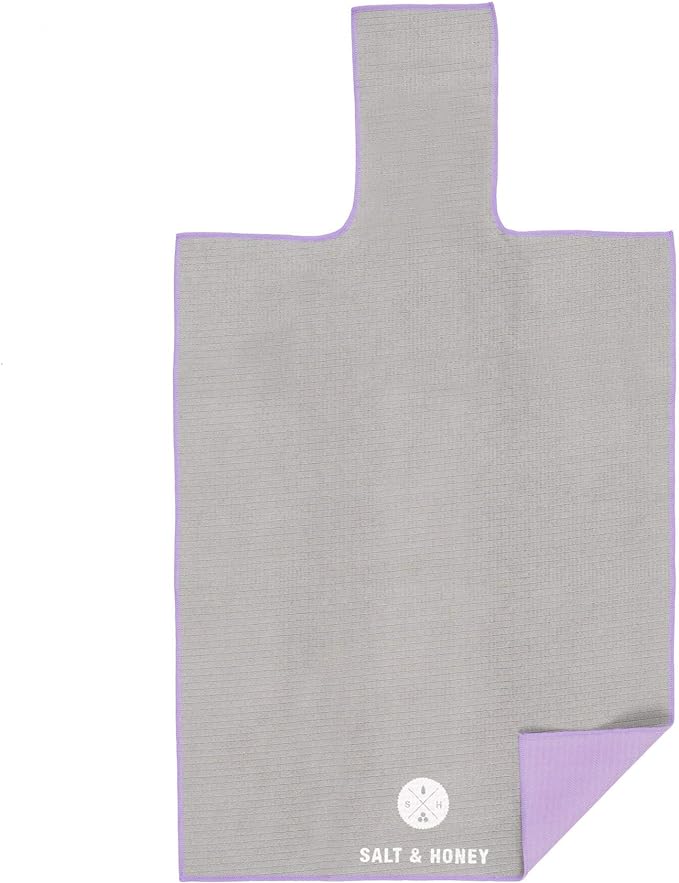
Best reformer towel: Salt & Honey, Non-Slip Pilates Reformer Towel — $40.00
If you, too, identify as “extremely sweaty,” and fear that your Pilates reformer will turn into a slip-and-slide, fear not. This grippy towel wicks away sweat and keeps you safe on your machine so you can continue to push yourself further. They’re available in four different colors and are shaped to fit perfectly into your reformer’s headrest.
FAQs:
Where to store Pilates equipment at home
You’ve got your equipment ordered—check and check. Again, where and how you store your Pilates equipment is going to depend on if you just bought a machine the size of an old-time printing press or, ya know, hand weights and a small resistance ball. Here’s the breakdown:
Reformer: If you opted for a reformer, you’re going to likely need a fairly large footprint. Most reformers are fairly sizeable—six feet by two feet—at least. And you really shouldn’t smash a reformer up against a wall because you won’t be able to get a full range of motion to work both sides of your body—you need at least two feet of space on each side. In other words, you probably need a home gym or a large room to store this puppy. Plus, if you bought things like the box or a spring board, you’ll need extra room for them to live.
Mat: You can easily roll up your Pilates mat and store it under the bed, in a cubby or on a stand. If you invested in accessories, buy a sturdy bin to store them in and keep them in one place so you always know where they are. This bin can also live in whatever corner of the world you designate for storage in your home.

